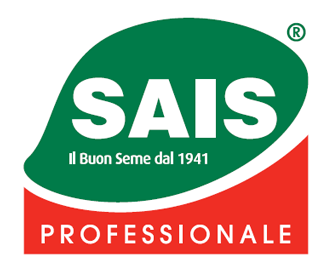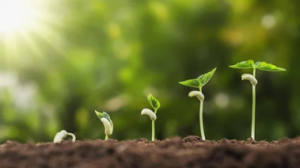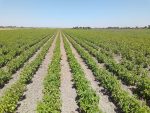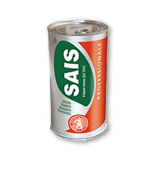THE ROLE OF THE SEED SECTOR TOWARDS SUSTAINABILITY
The FAO (Food and Agricultural Organization) document describes a sustainable food system as “a food system that delivers food security and nutrition for all in such a way that the economic, social and environmental bases to generate food security and nutrition for future generations are not compromised”. Considering that the global food system is failing to serve all and that there is no universal solution, seed is the starting element for all crop production, therefore the seed sector is an important partner in the mission to end hunger and to reach the goal of food security around the world. In order to overcome this challenge, the food system must be equitable, inclusive and environmentally friendly; in other words, it must fulfill the UN SDGs (Sustainable Development Goals) on poverty, hunger, economic growth, climate action, biodiversity, responsible consumption and production, and partnerships.
Everyday, seed sector players put their best efforts to develop seeds of innovative varieties for farmers around the world. Therefore, access to innovation plays an important role in supporting sustainable and resilient food systems for the benefit of everyone. Plant breeding innovation will play a key role in sustainably addressing the challenges of the SDGs by the UN, such as providing healthy food for a growing world population.
As already mentioned before, seeds are the starting point in order to achieve a healthier and more sustainable food system. For example, if seeds are of poor quality, there is a higher possibility that the crop will fail and that there will be losses because of pests and diseases as well as lower yields. Countries need responsive mechanisms to ensure that farmers have access to quality seeds and planting materials of crop varieties that are adapted to their needs. Indeed, the seed industry plays the essential role in the development and delivery of diverse, locally, broadly adapted and high-quality seeds. That is why SAIS supports sustainability and embraces it in every company decision that has to be taken, in order to constitute varieties with a low environmental impact and to produce seeds that respect the planet.
Sources:
https://www.fao.org/3/i7482e/i7482e.pdf
https://www.betterseed.org/wp-content/uploads/ASTA-Views-on-Seed-Sector-Sustainability.pdf
https://farmingfirst.org/2023/10/planting-seeds-for-sustainable-future-food-systems/ https://worldseed.org/about/what-we-do/seed-sector-declaration/












